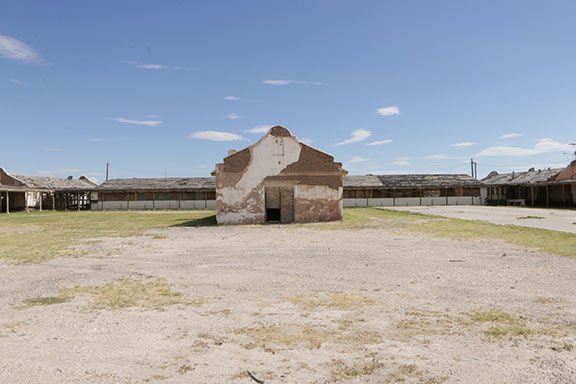If these walls could talk – El Paso County farm that served as processing center for Bracero Program evokes memories of a different era
|
Francisco Uviña was 19 when he crossed the U.S. border in search for work in the 1950’s. Like many other Mexican laborers of that time, Uviña was signed up for the Bracero Program which offered a solid wage and an opportunity of a lifetime to live and work in the agriculture sector of the United States. Uviña first heard of the Bracero Program from friends and neighbors in his hometown of San Luis de Cordero, Durango. In the spring of 1953, he then joined a caravan of over 1,000 laborers who traveled by bus to to Chihuahua City, Mexico, to register for the program. This year marks the 76th anniversary of the Bracero Program, a labor program that allowed more than four million Mexican men to cross into the United States to work the fields after U.S. men went off to fight in World War II.
